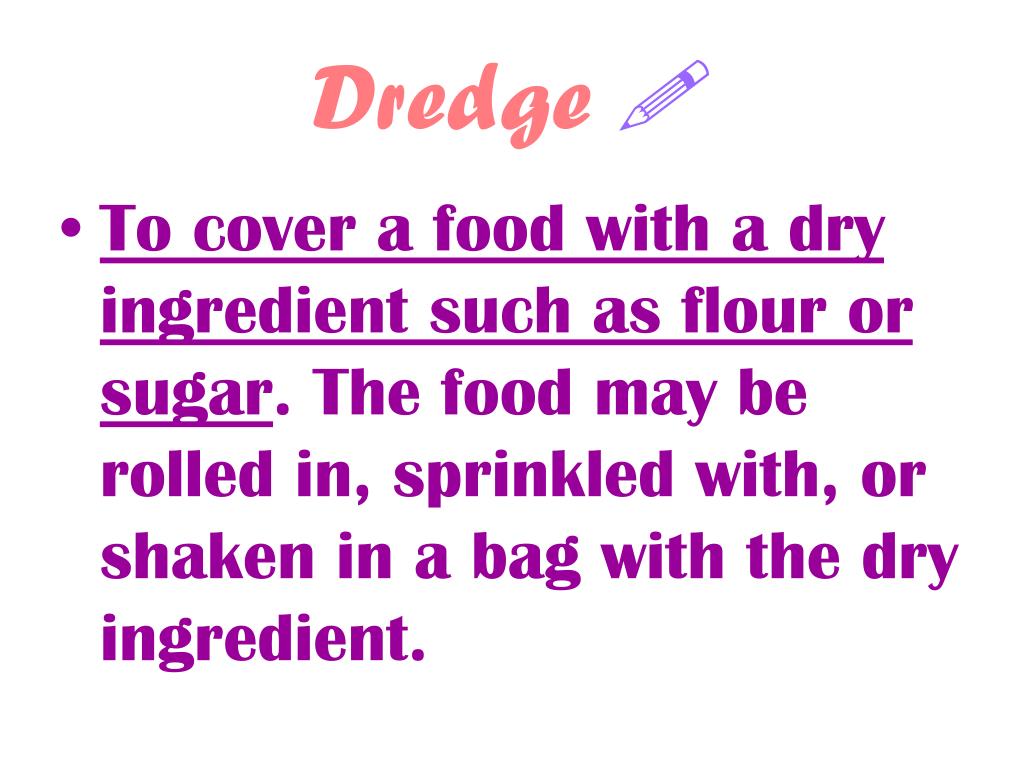

Much like heat, certain acids like acetic acid (vinegar) or citric acid (lemon juice) can severely hamstring the efficacy of cornstarch: in combination with heat, at sufficient concentrations these acids can break starch molecules down into component sugars. pH Tolerance: Acids tend to inhibit the thickening power of cornstarch.For this reason, it’s wise to add cornstarch toward the end of cooking-as is customary in many Chinese stir-fry dishes. Why? Prolonged, excessive heat can degrade those swollen starch molecules, and eventually decrease the potential thickening power, which leads to a thinner sauce than you’d expect. But you also may have heard that you shouldn’t boil cornstarch for too long, since the sauce will begin to thin. Heat Stability: Cornstarch begins to gelatinize in water around 144–162☏ (62–72☌), and fully gelatinizes around 203☏ (95☌).


 0 kommentar(er)
0 kommentar(er)
